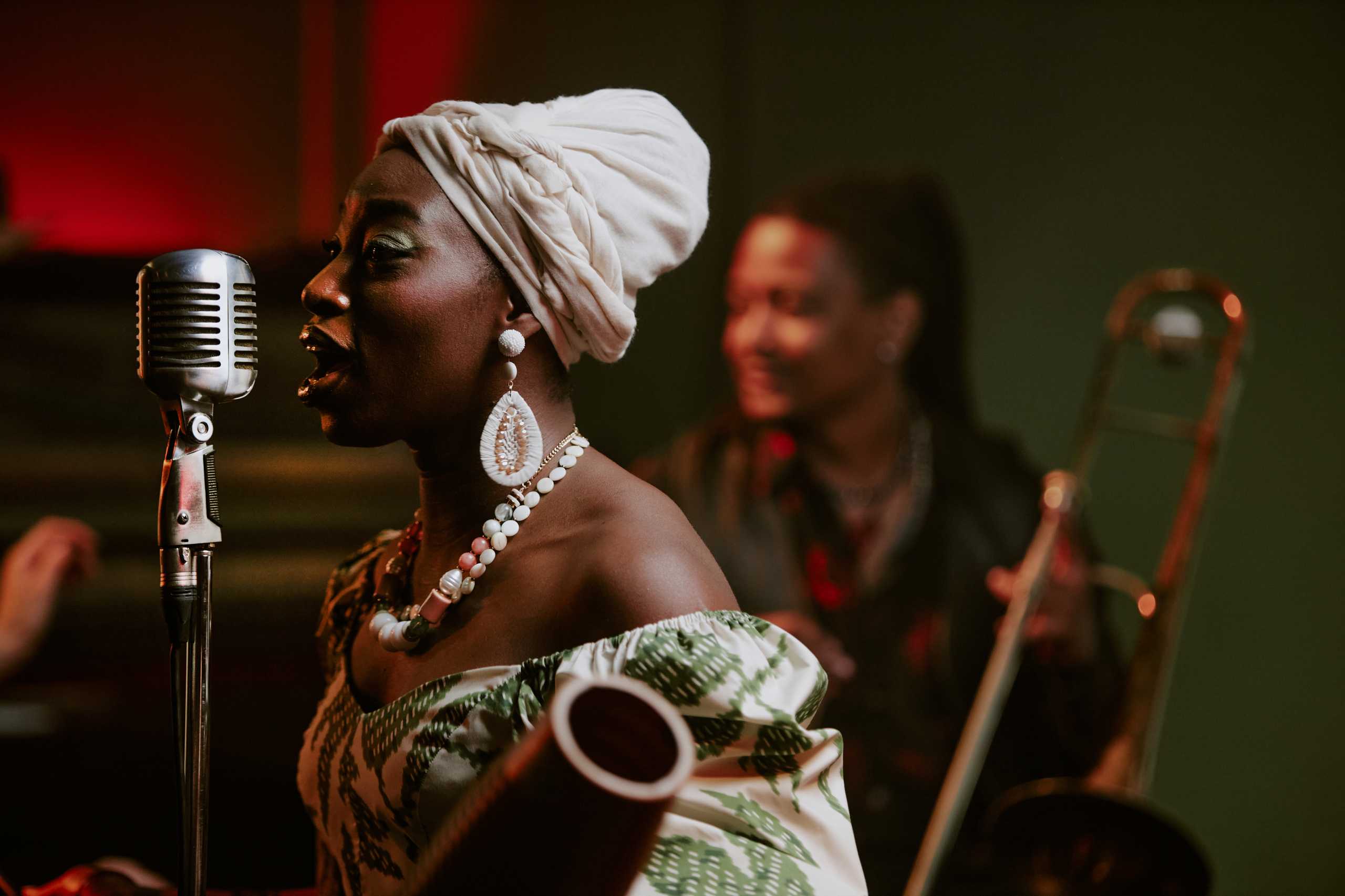The Role of Listening in Jazz Singing

Listening is one of the most important skills for any jazz vocalist. Beyond singing notes correctly, understanding how your voice interacts with other instruments and fellow musicians is essential for creating cohesive and expressive performances.
Why Listening Matters:
- Harmony Awareness: Recognizing chord progressions and tonal shifts allows your improvisation to complement the band seamlessly.
- Dynamic Interaction: Reacting to volume, phrasing, and rhythm from other musicians creates a natural musical conversation.
- Emotional Resonance: By paying attention to subtle nuances in the music, you can enhance the emotional depth of your performance.
Practical Listening Exercises:
- Transcription Practice: Listen to recordings of jazz legends and try to replicate their vocal lines, focusing on timing, phrasing, and tone.
- Band Simulation: Practice singing along with backing tracks or recordings, adjusting your dynamics and articulation to blend effectively.
- Critical Reflection: Record your practice sessions and listen back critically to identify areas for improvement in harmony, timing, and expression.
Tips for Developing an Ear:
- Spend time daily actively listening to diverse jazz styles.
- Focus on one element at a time, such as rhythm, tone, or improvisational phrasing.
- Experiment by adding your own variations while staying true to the original mood.
Strong listening skills transform your jazz singing from technical execution to interactive and emotionally compelling performance. The more attuned your ear becomes, the more responsive and expressive your voice will be in any musical setting.
